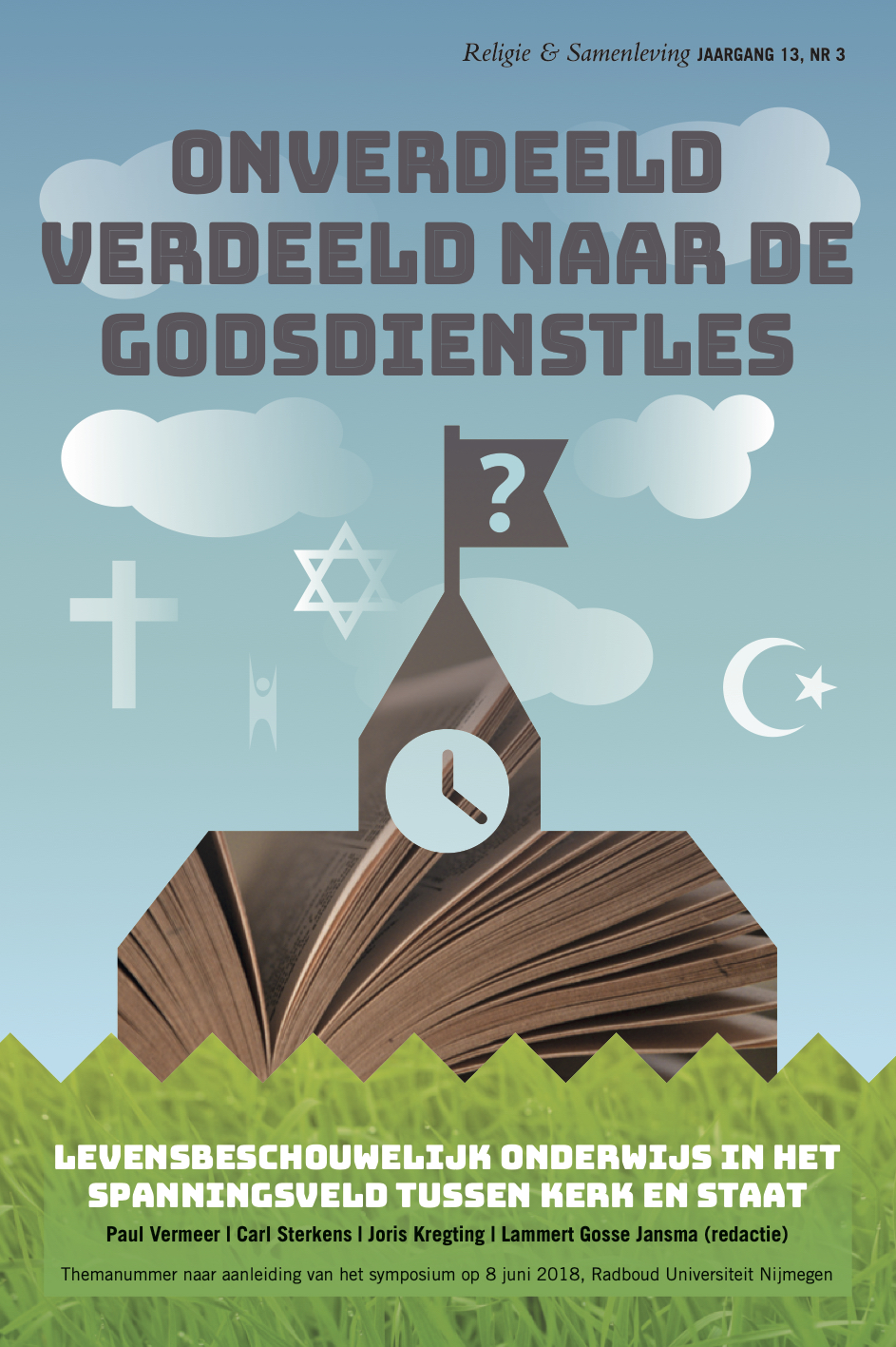Islamitisch godsdienstonderwijs en de uitdagingen van de pluriforme Nederlandse samenleving
Paradox van normativiteit en geloofwaardigheid
DOI:
https://doi.org/10.54195/RS.11835Samenvatting
In Dutch society, we have more than one million citizens with a Muslim faith. They came to the Netherlands as guest workers and for a temporary stay. At the beginning of their arrival, there was a need to practise the faith in little circles in a limited way. Later on, they decided to bring their family. With the arrival of the children the need for religious education expanded and its central orientation changed. Many mosques are established in the second part of the eighties of the previous century. Islamic schools are founded to support the faith based education at home and in mosques. The religious education at the Islamic schools are meant to support and confirm the religious life of Muslim migrants and to transfer it to the new generations. The protecting of the faith became the central effort of religious educators and parents, as a reaction of social pressure experienced by Muslims. In this article I am discussing some consequences of this protecting approach to the content of religious education, the didactical approach used as well as some of the challenges related to the public debate about religious education and presence of Muslims in the Netherlands. At the end of this essay I will answer the question of how to relate this issue with the Dutch culture and central orientations of our political order.




